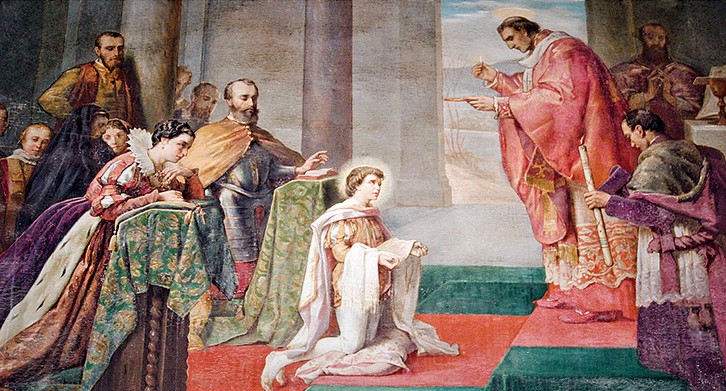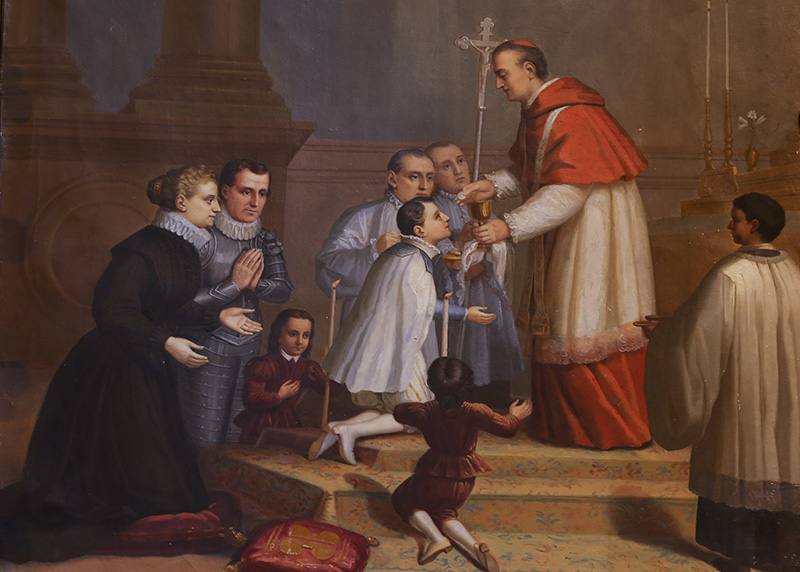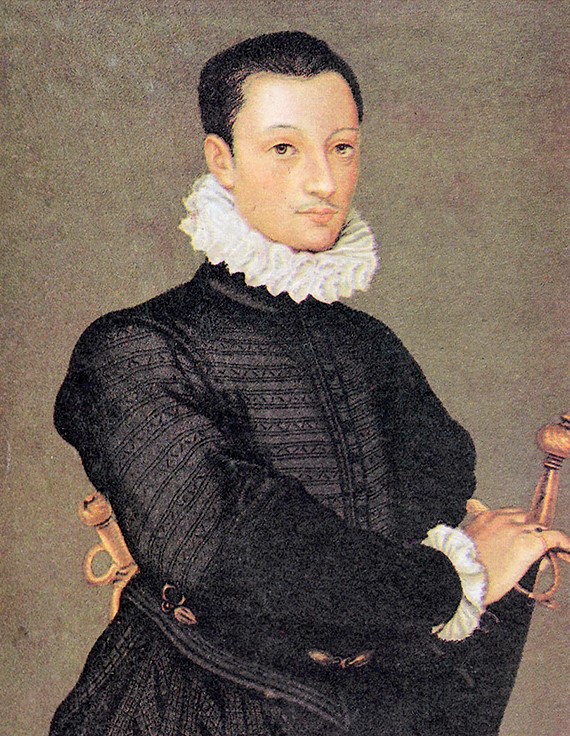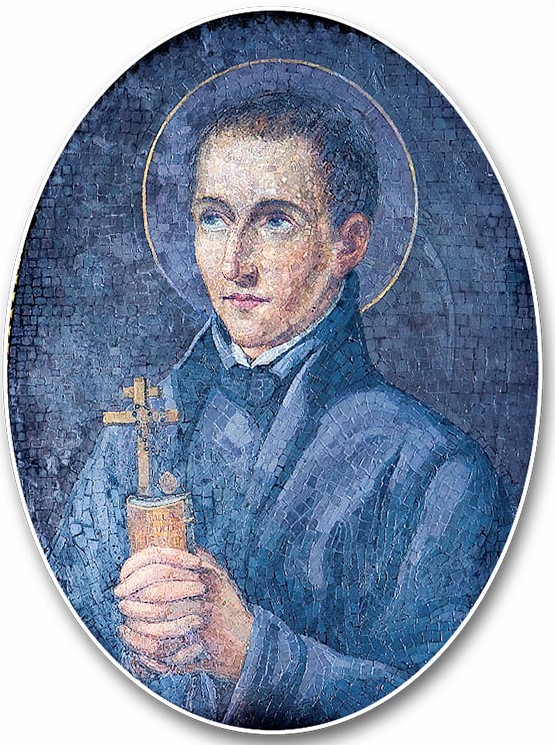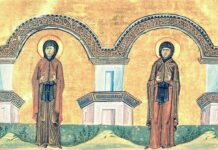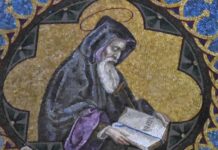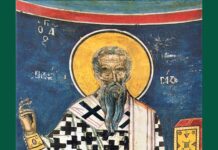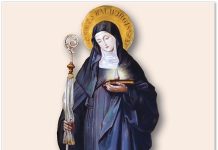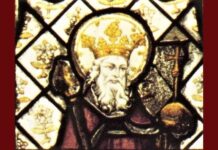Memorial of St. Aloysius Gonzaga, Religious
St. Aloysius Gonzaga, (†1591). Jesuit religious. Heir of the Marquess of Casiglione, he consecrated himself to God and made a vow of chastity. Praying to Our Lady of Good Counsel, he felt called to be a Jesuit. He renounced his title and entered the novitiate, where he had St. Robert Bellarmine has his spiritual director. He dreamed of being a missionary and a martyr. When a plague struck Rome in 1591, the Jesuits opened a hospital to care for its victims, and Aloysius contracted the illness while caring for the sick, and died shortly thereafter.
Featured Saints
St. Raymond of Barbastro, bishop (†1126). He was canon regular of the Church of St. Saturninus in Toulouse, France, when he was appointed Bishop of Barbastro-Roda, Spain.
St. José Isabel Flores, priest and martyr (†1927). Parish priest from Matatlán, Mexico, beheaded during the religious persecutions in Zapotlanejo.
St. Meven (or Méen), abbot (†sixth century). He was born in Wales and went into seclusion in a forest in Brittany. He founded the monastery named in his honour, in the present-day commune of Saint-Meén-le-Grand, France.
St. Leutfridus, abbot (†738). Founded a monastery and shelter for the poor in Evreux, France, both of which he guided with holiness and wisdom for almost forty-eight years .
St. John Rigby, martyr (†1600). Young layman arrested and executed in London, during the reign of Elizabeth I of England, for having reconciled with the Church.
St. Ralph of Bourges, bishop (†866). Benedictine abbot elected Bishop of Bourges, France. He showed great concern for the progress of the clergy.
Mass Readings
First Reading – Gn 12:1-9
The LORD said to Abram: “Go forth from the land of your kinsfolk and from your father’s house to a land that I will show you. “I will make of you a great nation, and I will bless you; I will make your name great, so that you will be a blessing. I will bless those who bless you and curse those who curse you. All the communities of the earth shall find blessing in you.” Abram went as the LORD directed him, and Lot went with him. Abram was seventy-five years old when he left Haran. Abram took his wife, Sarai, his brother’s son Lot, all the possessions that they had accumulated, and the persons they had acquired in Haran, and they set out for the land of Canaan. When they came to the land of Canaan, Abram passed through the land as far as the sacred place at Shechem, by the terebinth of Moreh. (The Canaanites were then in the land.) The LORD appeared to Abram and said, “To your descendants I will give this land.” So Abram built an altar there to the LORD who had appeared to him. From there he moved on to the hill country east of Bethel, pitching his tent with Bethel to the west and Ai to the east. He built an altar there to the LORD and invoked the LORD by name. Then Abram journeyed on by stages to the Negeb.
Responsorial Psalm – 33:12-13, 18-19, 20 and 22 (R.12)
R. Blessed the people the Lord has chosen to be his own.
Blessed the nation whose God is the LORD,
the people He has chosen for his own inheritance.
From heaven the LORD looks down;
He sees all mankind. R.
See, the eyes of the LORD are upon those who fear Him,
upon those who hope for his kindness,
To deliver them from death
and preserve them in spite of famine. R.
Our soul waits for the LORD,
who is our help and our shield.
May your kindness, O LORD, be upon us
who have put our hope in You. R.
Gospel – Mt 7:1-5
Jesus said to his disciples:
“Stop judging, that you may not be judged.
For as you judge, so will you be judged,
and the measure with which you measure will be measured out to you.
Why do you notice the splinter in your brother’s eye,
but do not perceive the wooden beam in your own eye?
How can you say to your brother,
‘Let me remove that splinter from your eye,’
while the wooden beam is in your eye?
You hypocrite, remove the wooden beam from your eye first;
then you will see clearly
to remove the splinter from your brother’s eye.”


